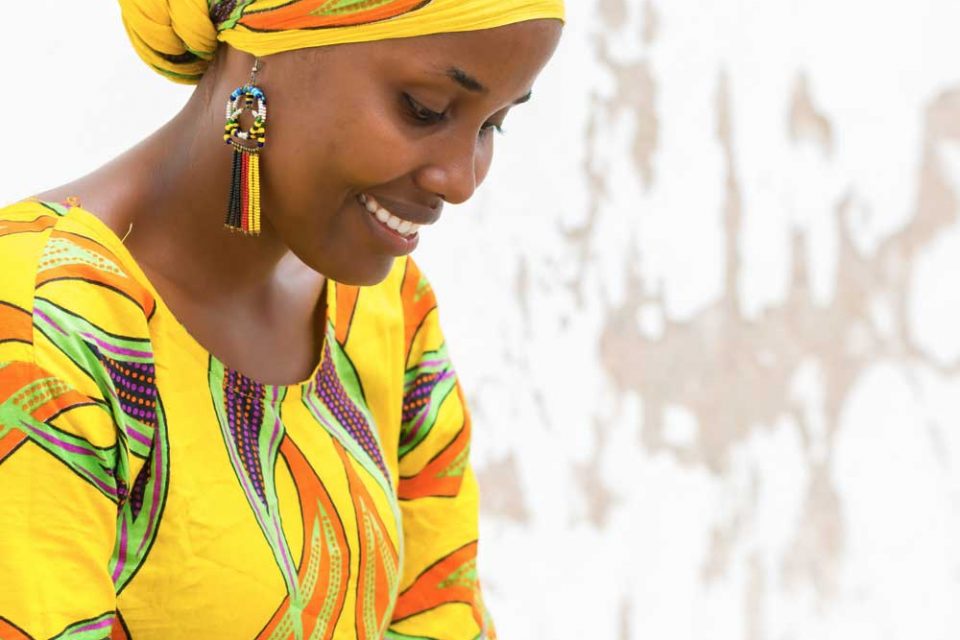Abidjan, Côte d’Ivoire, 4 March 2021 Microsoft, through its Microsoft 4Afrika initiative, and the U.S. Government’s Millennium Challenge Corporation (MCC) have signed a memorandum of understanding to support women entrepreneurs and women-led Small and Medium Enterprises (W-SMEs) with the development of the digital skills and data savvy necessary to grow and scale their businesses.
A study by the Sustainable Development Goals Fund shows that women entrepreneurs face significant challenges to become SME owners, including cultural barriers in some parts of Africa, lack of access to valuable information and technology, data, and business-related training and support, limited access to credit, absence of effective social networks, and problems associated with economic infrastructure.
Yet, according to the International Finance Corporation, women start businesses at a higher rate than men; and when women participate in the economy and own and run businesses, the benefits extend to their children and families, their communities and to economies at large. By providing training and support to women who are starting and developing these SMEs, this investment can progress toward economic equity and support inclusive economic growth.
With a shared common goal of supporting women entrepreneurs and W-SMEs to increase the profitability of their businesses through increased access to, and understanding of, data and digital technologies, Microsoft and MCC have joined forces to establish a Women’s Data Lab and Network (WDLN) in Côte d’Ivoire.
“Digital skills are essential for any organisation to grow, and we want to encourage technology and data science adoption and skills development for every woman entrepreneur and W-SME. Microsoft believes that we must work with intent to help W-SMEs overcome the challenges they face. In doing so, levels of inequality and income disparity for women in business across Africa can be reduced,” said Soromfe Uzomah, Head: Strategic Partnerships at Microsoft 4Afrika.
MCC’s mission is to reduce poverty through economic growth, based on the principle that aid is most effective when it reinforces good governance, economic freedom, and investments in people. Microsoft’s mission is to empower every person and every organisation on the planet to achieve more. Microsoft strives to create local opportunity, growth and impact in every country around the world.
“In order to achieve equitable and inclusive growth, countries around the world must invest in women, said Fatema Z. Sumar, Vice President of Department of Compact Operations, MCC. “This initiative will reduce some key barriers that stand in the way of women in meeting their full potential. Their success will role model the power of women’s leadership for future generations of girls – and boys – while bringing income, prosperity, and equality to their families and their communities. MCC’s partnership with Microsoft will help provide the technological and data skills needed for women to thrive in our 21st century digital world.”
As e-services, data and digital tools permeate every sector, and with the Covid-19 pandemic creating a volatile market environment, women entrepreneurs and W-SMEs owners need digital and data science skills and tools that will help them access market information, training, business development support and the capital to build resilience and scale their businesses. The WDLN – funded by USAID’s global fund on women’s economic empowerment – represents a first-of-its-kind partnership between MCC, Microsoft and other partners to grow an e-Community of W-SMEs to build data skills and digital literacy, bringing meaningful results for business performance, technology enablement, job creation and global competitiveness.
This e-community of W-SMEs will participate in Microsoft 4Afrika’s SME-focused programme, which provides a suite of tested and locally relevant training, tools, knowledge, resources and solutions to build business and digital skills and enhance the growth of W-SMEs. WDLN will also complement other U.S. government development programmes that are focused on W-SME enablement. The WDLN will be initially developed in Côte d’Ivoire, with the intention to replicate and scale the WDLN in other African countries.




